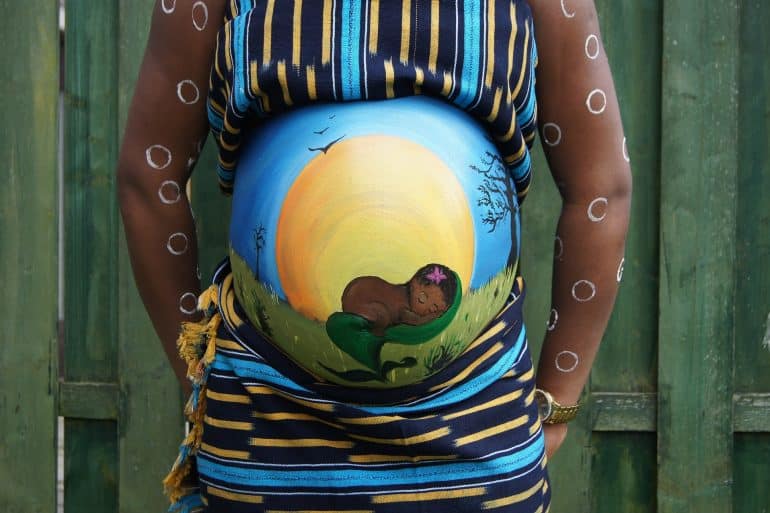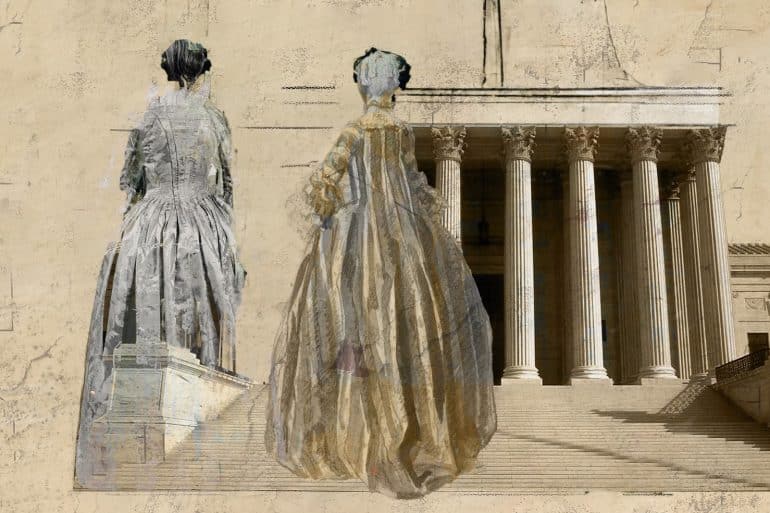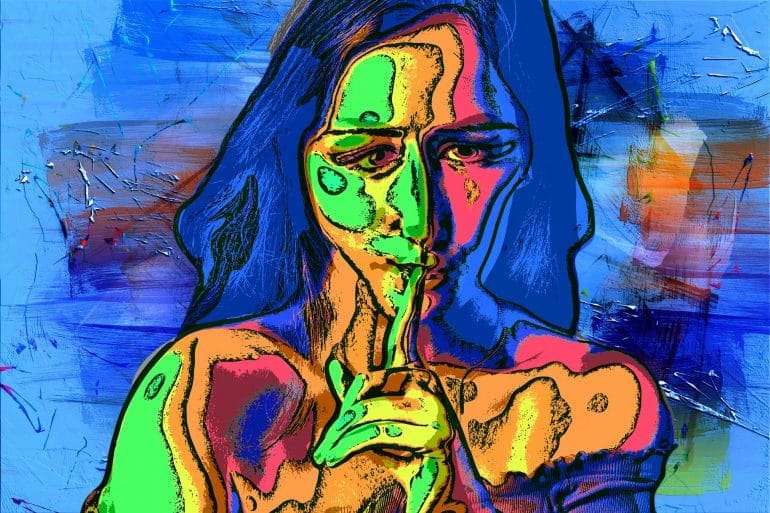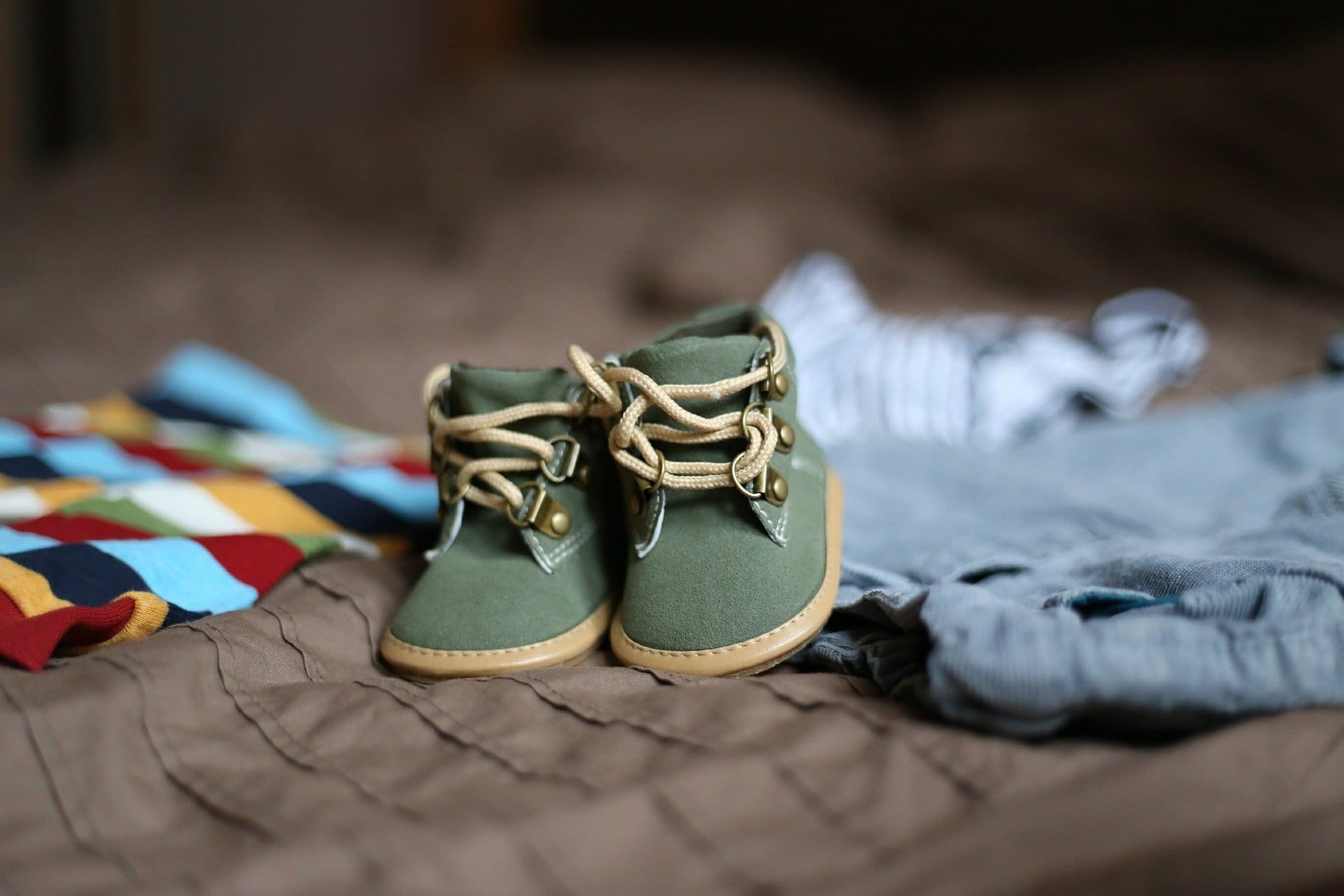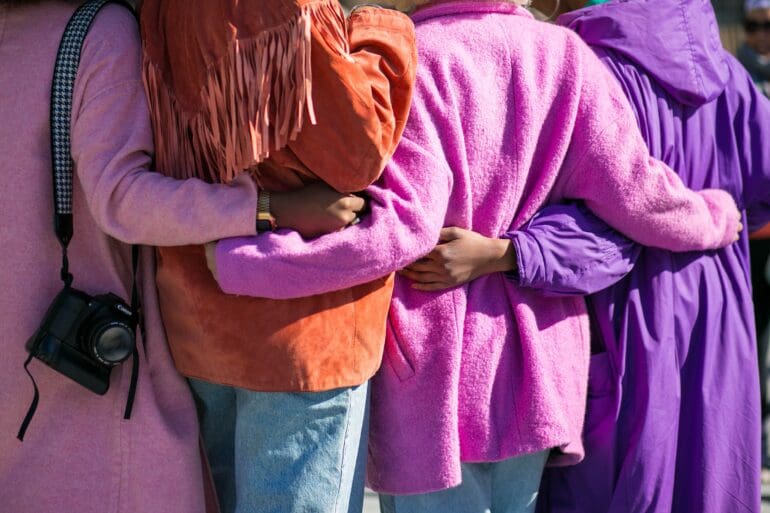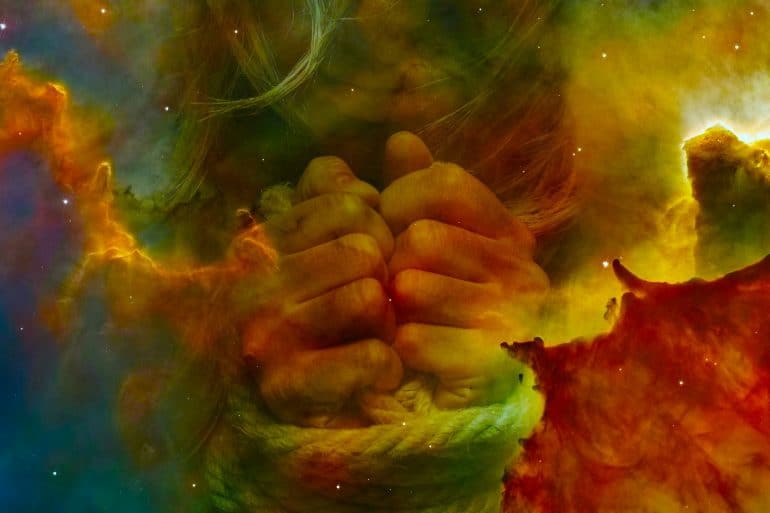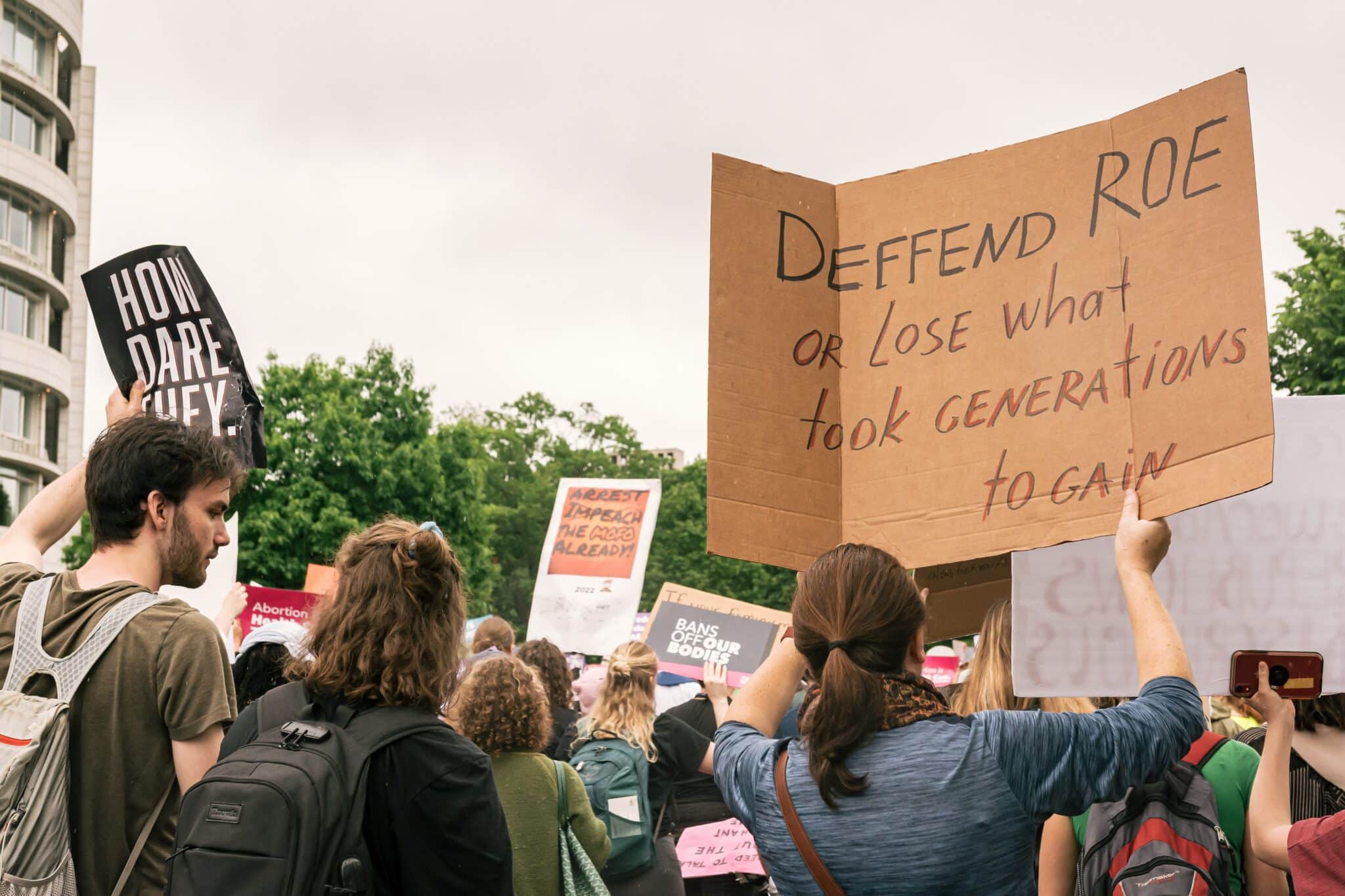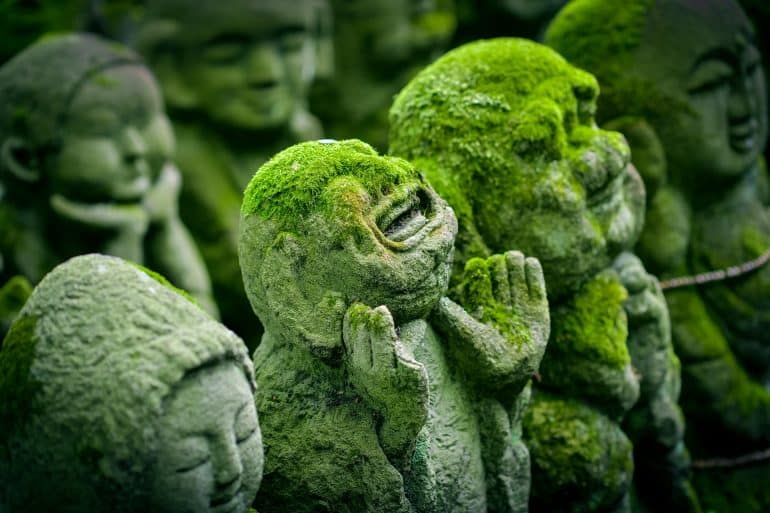"This autoethnographic poetry is born of my personal experience, witness, as well as currently chronicled and ancestral lore."
"Damned," the first publication in The AutoEthnographer's Bodily Autonomy issue, is the product of my confused reflection and internal conversations with the culture that raised me."
"Combining autoethnography and artwork, Supreme Justice aims to reveal the persistence of institutionalized oppression of women through history."
"My poems for this special issue seek to document a history of my choice, not just personally but humanly, to use autoethnography to weave through the personal and the political."
Catherine Berresheim·
All ContentAutoethnographic Literary NonfictionAutoethnographic WritingBodily Autonomy Special Issue, 2022-23Special Issues
··14 min readLEARN MORE “Bodily Autonomy: A Fetus for a Fetus” explores the cultural...
In this story I shifted my attention to the young woman –a nurse or a volunteer– who sat beside me and held my hand throughout abortion.
"This essay on bodily autonomy specifically discusses abortion access and rights in the United States and Canada, and the politics that often follow."
My essay tells my life story in relation to a specific moment in the history of American women’s access to abortion and reproductive justice.
The process of seeking pregnancy alone (by necessity, not choice) showed me how limited reproductive rights in the U.S. truly are—even before the recent loss of Roe vs. Wade, that policy that had so shaped my generation’s belief in our bodily autonomy.
This collection of poems is a glimpse into the lives lived on the margins, where the laws put in place to protect basic rights and bodily autonomy cease to apply.
"This is an autoethnographic narrative where I use my own marriage to tell a story about love, bodily autonomy, acceptance and illness."
"I write at length about my experiences surviving rape and abuse as a Western woman in Japan. I was lucky to get out alive."


